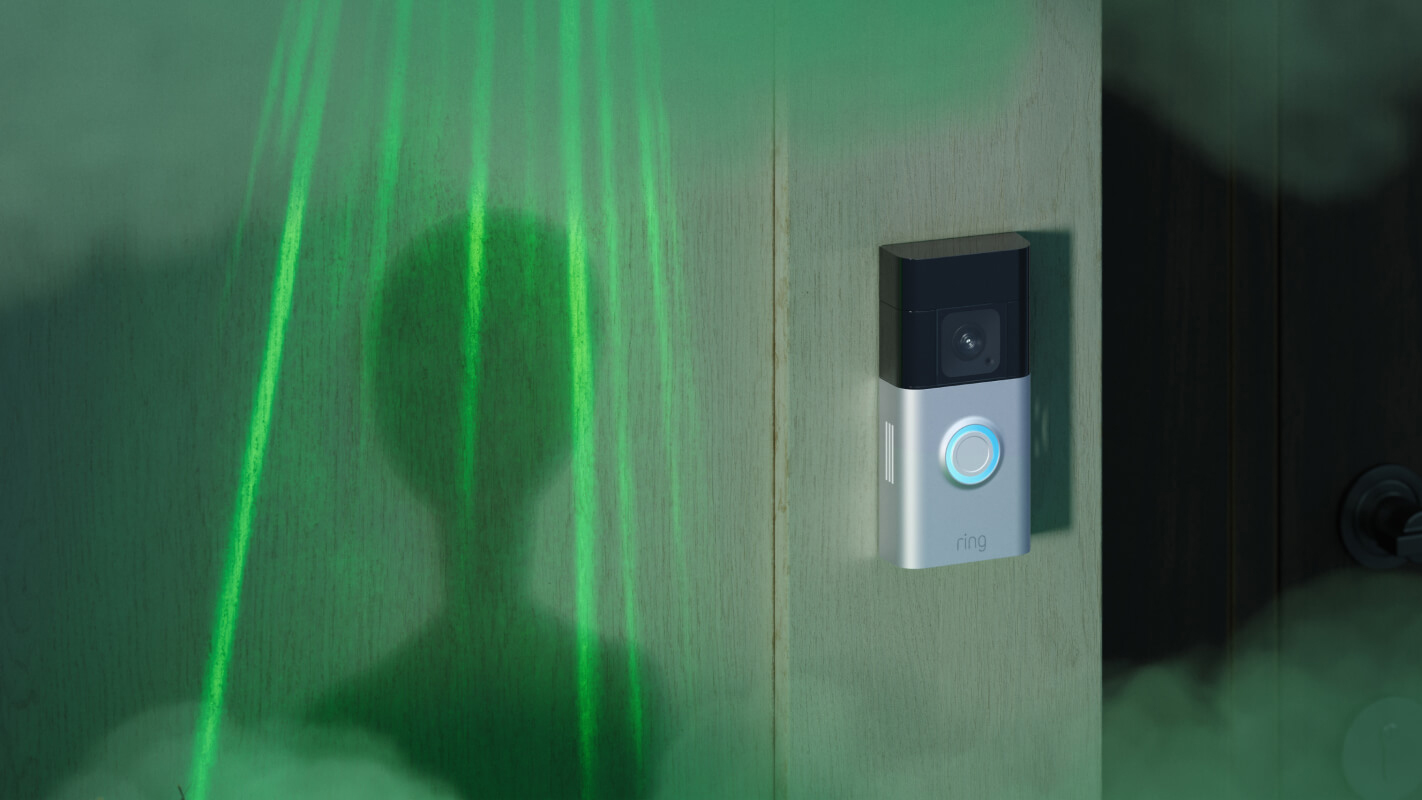
The Federal Trade Commission (FTC) in the United States is issuing refunds totalling more than $5.6 million to consumers as part of a settlement agreement with Amazon-owned Ring.
The settlement comes after the security device suppliers were charged with failing to protect private customer video footage from hackers, who were able to gain access to consumers’ accounts, cameras, and videos.
In a complaint from May 2023, the FTC revealed that Ring deceived customers, enabling employees and contractors to gain access to their videos, including those filmed with indoor cameras. The report also alleged that Ring used the videos to inform algorithms without customers' consent, and failed to properly implement security safeguards.
“These practices led to egregious violations of users’ privacy,” the FTC said in a statement.
Approximately 117,004 users are set to receive refunds, including 1,169 people from Alabama who will receive a total of $56,273, roughly $48 each.
Amazon’s Ring is the world’s best-selling video doorbell with over 1.4 million units sold in 2021, more than competitors SkyBell, Nest, Vivint, and ADT combined.
The pervasive network of cameras have been dubbed by some, such as UK newspaper The Guardian, as “the largest civilian surveillance network the US has ever seen.” Funny or sometimes concerning videos filmed by Ring doorbells have become the norm across social media platforms such as TikTok, Instagram and Facebook.
There have been over 282.1 million videos related to Ring doorbell footage uploaded to TikTok according to the app, and the hashtag #ringdoorbell has over 8.3 billion views.
Ring was in the news earlier this year after customers in the UK complained about a £15 (43 percent) price increase for subscription services to safely store their video footage on the cloud, download clips, and get discounted products.
Dave Ward, managing director of the Ring division, once said of the product: "We have taken home security to the next level by really democratizing the technology." Democracy, it seems, in this instance at least and through the arm of the FTC, draws the line at invasion of privacy.
Maybe it's time to look for alternative indoor security cameras.







